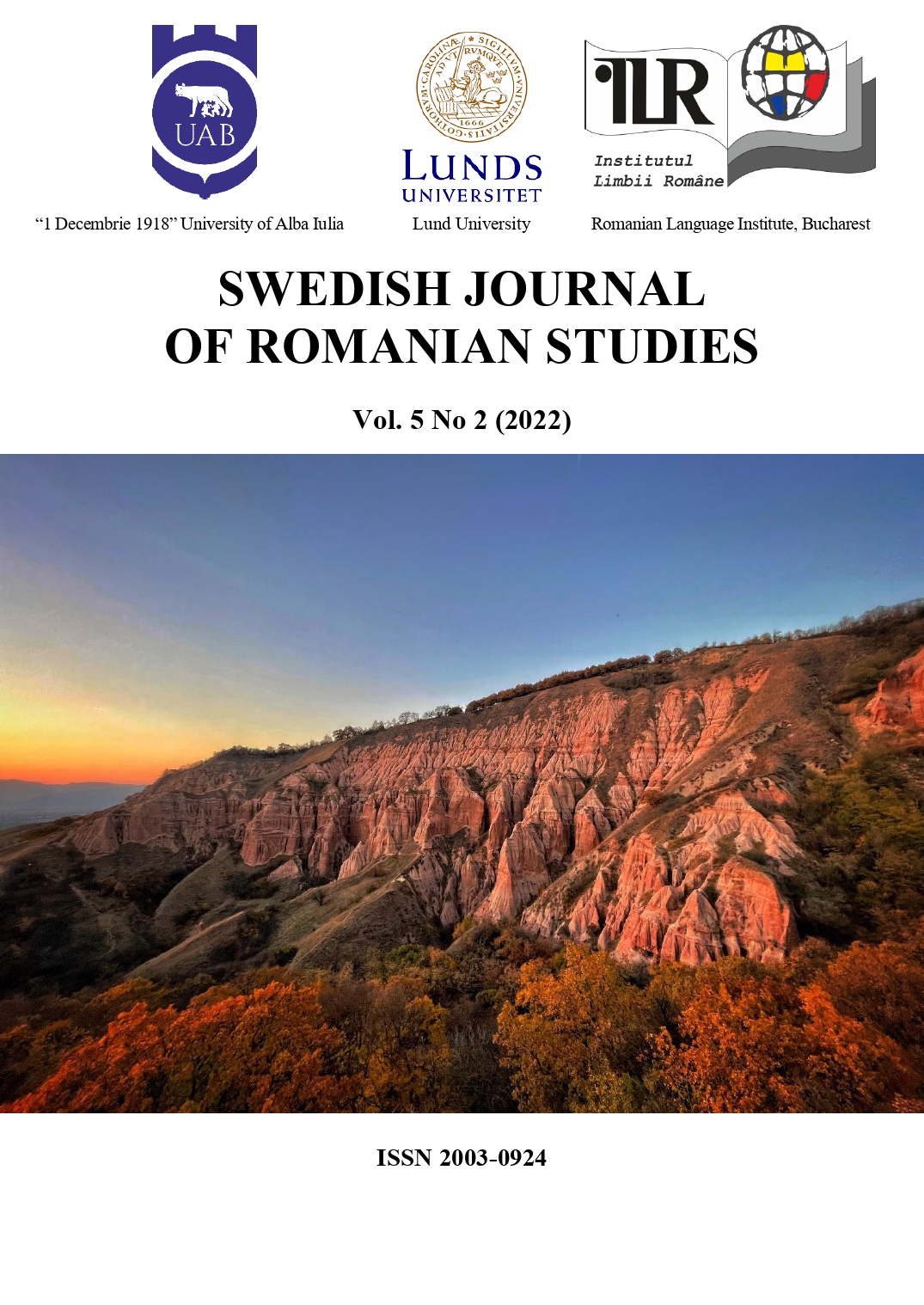Romanian migration reflected in recent Portuguese literature: the Roma ethnicity as a case in point
Romanian migration reflected in recent Portuguese literature: the Roma ethnicity as a case in point
Author(s): Catalina Iliescu-GheorghiuSubject(s): Customs / Folklore, Novel, Other Language Literature, Cultural Anthropology / Ethnology, Culture and social structure , Social differentiation, Nationalism Studies, Migration Studies, Inter-Ethnic Relations, Ethnic Minorities Studies, Identity of Collectives, Asylum, Refugees, Migration as Policy-fields, Sociology of Literature
Published by: Språk- och litteraturcentrum, Lunds Universitet
Keywords: Portuguese literature; Romanian ethnotypes; Roma ethnicity; Alfonso Reis Cabral; Maria Velho da Costa; Chico Buarque;
Summary/Abstract: This article focuses on three contemporary Portuguese literary works that feature Roma characters and culture-specific elements within a wider selection of authors who mention or delve into past and present Romanian realities. This selection was aimed at determining which are the themes, historical events, lived or narrated memories, symbols, images, and ethnotypes that interest contemporary Portuguese authors in relation with the Romanian immigrant segment, a population fairly representative in Portugal (ninth largest minority group, with some 31,000 residents and an annual immigration rate of 2,000 new arrivals). My exploration (through several channels: library catalogues, oral sources, databases) revealed ten literary works which tackle elements related to: the Roma ethnic group and the negative ethnotype of prostitution, crime and begging; the former elite (aristocracy, intelligentsia), above all, temporally anchored in the early years of the 20th century; and the Communist regime, its apparatus (party and secret police) and its fall at the end of the eighth decade of the 20th century. In this article I shall focus on the analysis of the first group, basing this on the concept of “ethnotype”, observing how the image of a given immigrant population is constructed, and how this image affects its members in the public and private spheres.This article focuses on three contemporary Portuguese literary works that feature Roma characters and culture-specific elements within a wider selection of authors who mention or delve into past and present Romanian realities. This selection was aimed at determining which are the themes, historical events, lived or narrated memories, symbols, images, and ethnotypes that interest contemporary Portuguese authors in relation with the Romanian immigrant segment, a population fairly representative in Portugal (ninth largest minority group, with some 31,000 residents and an annual immigration rate of 2,000 new arrivals). My exploration (through several channels: library catalogues, oral sources, databases) revealed ten literary works which tackle elements related to: the Roma ethnic group and the negative ethnotype of prostitution, crime and begging; the former elite (aristocracy, intelligentsia), above all, temporally anchored in the early years of the 20th century; and the Communist regime, its apparatus (party and secret police) and its fall at the end of the eighth decade of the 20th century. In this article I shall focus on the analysis of the first group, basing this on the concept of “ethnotype”, observing how the image of a given immigrant population is constructed, and how this image affects its members in the public and private spheres.
Journal: Swedish Journal of Romanian Studies
- Issue Year: 5/2022
- Issue No: 2
- Page Range: 13-25
- Page Count: 13
- Language: English

